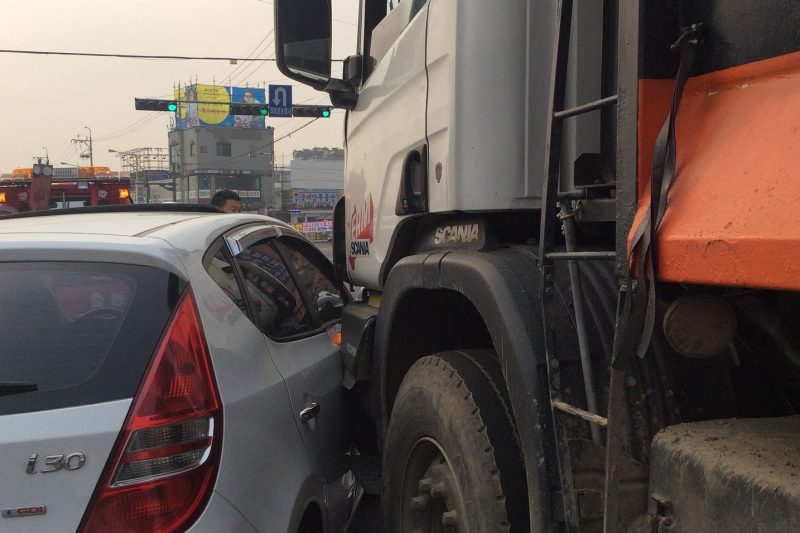For those turning a corner or starting a new journey as taxi drivers, getting the right taxi insurance is one of the most important things to sort out.
Whether they are behind the wheel at the start of a new career, are returning to the fleet after time out, or are setting up their own taxi business after driving for a taxi base, there is a lot to consider to protect themselves and their livelihoods.
Whatever stage of their career as a taxi driver they are at, having a suitable vehicle is obviously the first step. They need to consider when, where and how they will be operating and choose a suitable vehicle for the type of work they will be doing, whether it is private hire or public hire.
Private hire insurance is only valid if a fare is booked in advance through an app, by phone or in person at a taxi office. Only taxis such as black cabs, with public hire insurance, can be flagged down in the street or at a taxi rank.
Patons Taxi Sales offers competitive deals on a range of new and used saloon cars, hybrids, and seven and nine-seater vehicles from leading manufacturers to the taxi and private hire fleet.
Having chosen the vehicle that is right for them, drivers must take out the right taxi insurance, whether it is private hire insurance or public hire insurance, minibus insurance, taxi fleet insurance or chauffeur insurance.
However they operate their taxi, in the event of a collision, the insurance must meet the needs of the driver, passengers, and any third parties involved and all will be factors in how an insurer deals with a claim.
As with domestic vehicles, taxi insurers typically provide three levels of cover – third party, third party, fire and theft and fully comprehensive. The legal minimum requirement is third-party cover, which all drivers have to take out in order to operate a taxi.
The Public Carriage Office is responsible for licensing public hire and private-hire vehicles in London and PCO insurance is a term given to insurance for taxis operating within London. Taxi insurance is relevant to any taxi driver in any other part of the UK.
Both private-hire and Uber drivers are licensed in the same way as advanced bookings only and the insurance is the same for both.
There are important options taxi drivers should consider to protect themselves and their business in the event of a claim. Taxis are considered higher risk by insurers because they spend more time on the road than private vehicles and are a business. Drivers might try to keep costs down by choosing a cheaper taxi insurance policy, but in the event of a claim, they may face hefty bills for repairs or time off work if they are not fully covered.
It is also a good idea for taxi drivers to consider public liability insurance, breakdown cover, excess protection, legal expenses insurance and gap cover for added peace of mind. While the minimum requirement is third party cover, a taxi is a driver’s livelihood and taking out extra options can help to keep their vehicle on the road or avoid large, unexpected bills.
Public liability cover protects taxi drivers in the event a passenger is injured in a crash, their belongings are damaged or if there are any resulting legal costs. Some companies automatically include public liability as part of their cover, but it is often an optional extra.
Another thing worth considering is protecting a driver’s no claims bonus. This enables drivers to keep their no claims bonus if they are involved in an accident and can use it when they renew their policy, keeping costs down.
While taxi drivers cannot use their car as a taxi with a domestic insurance policy, the good news is that taxi insurance includes personal use cover as standard, which means the driver is full insured for personal use when the vehicle is not being used as a taxi.
For those who use a vehicle only as a taxi, they may want other drivers to be able to operate it when they are not working. In this case, the other drivers must be named on the taxi insurance policy and be licensed by the same local authority. If there are two or more licensed drivers operating a vehicle or vehicles, it is worth considering taking out a fleet taxi insurance policy.
The range of taxi insurance policies and options covers all eventualities. A good starting point for drivers is to ask themselves whether they will be fully covered if they have to make a claim and, if not, how much it will cost them to get back on the road again.


